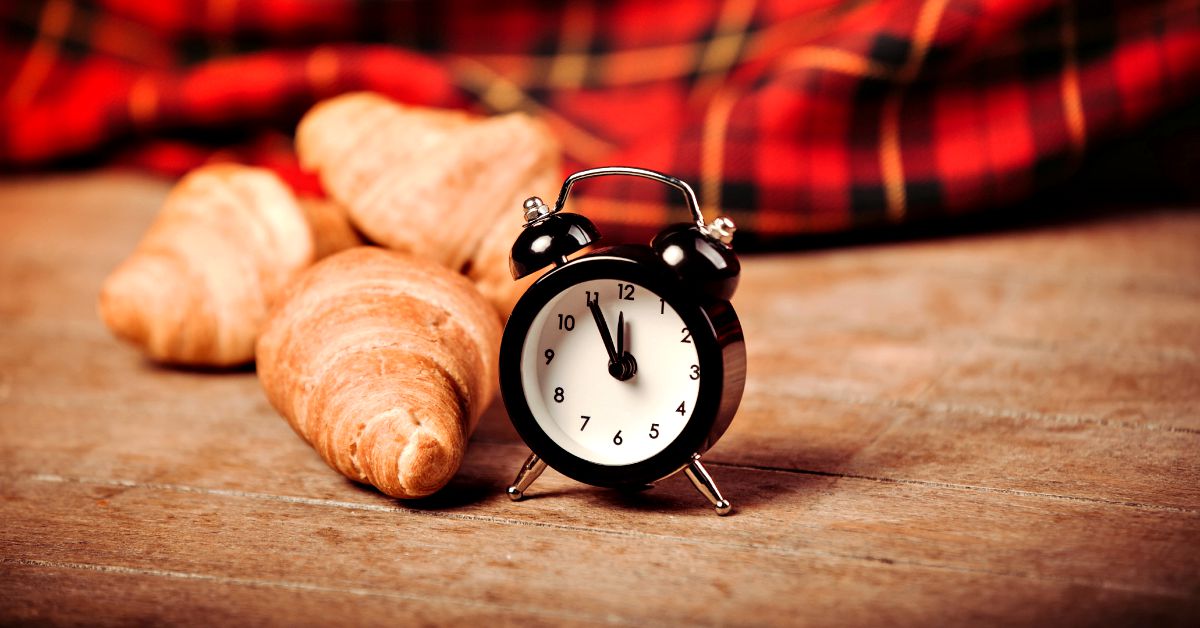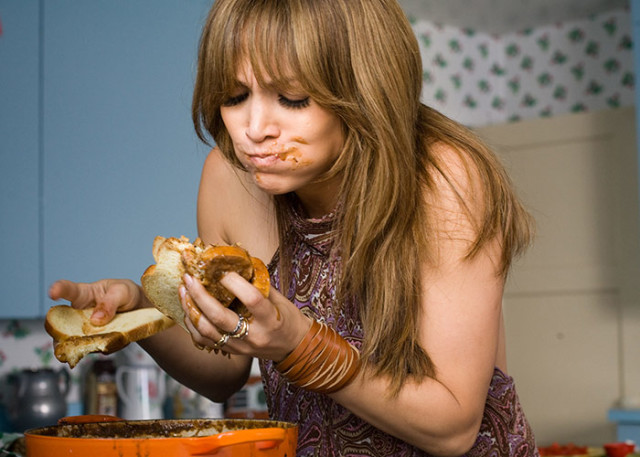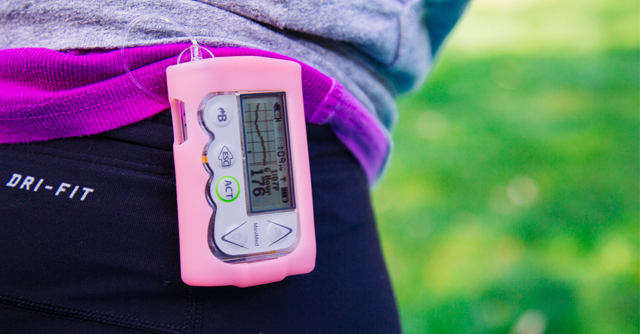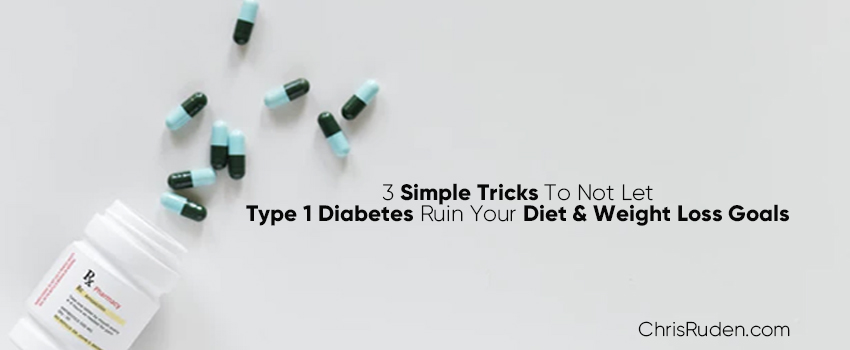3 Simple Tricks To Not Let Type 1 Diabetes Ruin Your Diet & Weight Loss Goals
“Type 1 diabetes stops me from losing weight” is the number one excuse I hear when people say they are struggling to lose weight (seriously, my Instagram inbox is flooded with this statement/question). And while insulin can be a tricky hormone to work around when losing weight with type 1 diabetes, I’ve found that 99% of the time it is because their general dieting techniques are off.
Before reading my three nutrition tricks for losing weight with type 1 diabetes, make sure you are doing the following:
- Weighing and tracking your food intake (My Fitness Pal)
- Eating toward a specifically calculated calorie/macronutrient (IIFYM.com)
- Combining aerobic & anaerobic training
If you aren’t following the above, it is most likely not your diabetes that is stoping you from losing weight– it is the lack of clarity and preparation for your goals.
Once you solidify your general nutrition foundation, now you can go to the next specific tactics related to diabetes management that will help you stay on track.
Carb Reserve


There is nothing worse than being on track to hit your calories and macros perfectly then being engulfed by an endless food-frenzy brought on by a bad low.
Hypoglycemia is a major reason why people go over their carb & calorie limits for the day as you need carbs to fix the low. But there is a way to work around this issue: Implementing a carb reserve.
A carb reserve is when you reserve 15-30 grams of your total daily carbs for a low blood sugar attack. For example, if your weight loss goal calls for 100 grams of carbs a day, act like you only have 85 grams of carbs for the day and keep 15 grams of carbs just in case of a low. That way, when you treat your low blood sugar, you aren’t ruining your daily goals.
Proper preparation prevents poor performance!
And at night, if you feel your sugar is good and you will not go low, now you can eat those reserve carbs.
From No Control to Low Control


Speaking of low blood sugar, hypoglycemia can be a nightmare when it comes to having control over your nutritional intake. Too put that more simply, When you are low, it’s easy to convince yourself that if you don’t eat every damn carb in the kitchen, you are going to die.
It’s not true but, at the time, it seems like it is. The struggle is real.
I have easily binge-eaten 150 grams of carbs in treating a bad low which not only unnecessarily took me farther away from my fitness goals, it brought on a 4 hour blood sugar chasing session.
Those binges happened because I didn’t have a dedicated low blood sugar treatment plan. By picking one specific, controlled treatment food, you limit yourself from ravaging the pantry and refrigerator and control the amount of carbs needed to treat your low.


Think about your carb to blood sugar ration– How many points does your blood sugar raise from 10 grams of carbs? 10? 15? 25 like me? I started planning and committing to controlling my low corrections and it has not only helped me stop chasing blood sugars but it helped me not over do my calories and carbs so that I can still stay on track, even with diabetes.
Some people use juice boxes or gummies or even glucose tabs because they are usually so gross that you don’t want to abuse them like you would an entire jar of nutella. By spoonful #37, you realized you probably screwed up. Pick something you can control.
Calories Come Second


I’m pretty much known as the go-to fat loss guy and I preach the importance of knowing your caloric needs in order to hit your goal. This is a vital first step in most people… but not in people with type 1 diabetes.
Unlike non-diabetics, calories come second to blood sugar management when it comes to losing weight (and, you know, good health because that’s kind of important too).
If your sugars are all over the place, you can’t expect to lose body fat optimally. Consistent high blood sugar can cause weight loss– just not the kind of weight loss you want. High blood sugar means there is an increased rate of nutrient malabsorption which can lead to losing muscle mass, decreased metabolic rate, and a general increase in fat loss resistance (think skinny-fat).
This high blood sugar weight loss is often seen just prior to type 1 diabetes diagnosis. And as soon as insulin is introduced, weight is gained, causing insulin to incorrectly receive the blame initially.
In reality, your slow metabolic rate combined with the body’s craving for proper nutrient absorption contribute to the weight gain.
In terms of consistent hypoglycemia, regardless if your A1C “seems perfect”, you are more likely to binge eat and over consume calories & carbs. Lows require carbs regardless of your daily caloric goals.
If you truly want to lose body fat, you need to improve your diabetes management. These are three of many techniques that will help you in losing weight without letting diabetes stop you!

